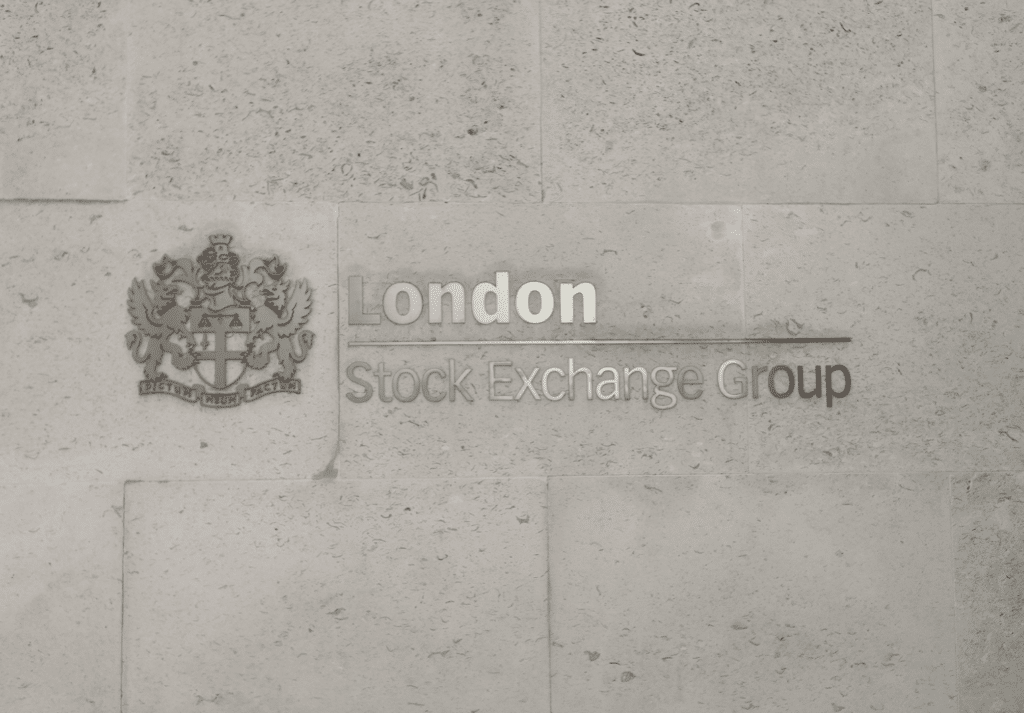The impending flotation of Shein stock on the London Stock Exchange (“LSE”), which received preliminary approval from Financial Conduct Authority on Friday, could be larger than any IPO seen in Europe in the last year. Coming at a time when the LSE is struggling to attract new listings, with some firms migrating to other exchanges, this could be a welcome boost. So, it is perhaps unsurprising that the Chinese-founded fast fashion giant has been courted by the government, the LSE, and those whose role it is to champion the City of London.
At the same time, there are ongoing concerns about the controversial business model and practices of Shein, whose founder Chris Xu relocated himself and the company’s headquarters to Singapore in 2022. These concerns were exacerbated when Shein’s lawyer struggled earlier this year to tell the UK’s business and trade parliamentary committee whether the company uses cotton from China. Campaign group Stop Uyghur Genocide said it will seek a judicial review if the UK regulator, the Financial Conduct Authority (“FCA”), approves the LSE listing.
More idealistic observers might question whether it is really a good idea for the UK to be courting Shein for such a controversial IPO. There are claims to be made against the listing on environmental, social and governance (“ESG”) grounds. For one thing, while Shein says it is working hard to reduce its environmental impact, its business model – supplying items cheap enough to be discarded after just a few uses – is at odds with a more sustainable society and thus, problematic for the “E” in ESG. In terms of the “S” in ESG, there are concerns about the human and employee rights of workers in Shein’s supply chain and Shein’s reluctance to talk about them, even to a parliamentary committee. For its part, the company said last year it was actively working to improve its suppliers’ practices, and maintains that it strictly prohibits forced labor in its supply chain globally.
The Shein IPO Structure
If less than 10 percent of Shein’s equity is floated, which is the what company is proposing, it will still be controlled by its founders and majority shareholders just as if it remained a fully private company. An LSE listing would normally compel a company to either comply with the UK corporate governance code, or explain why it did not. But dispersed minority investors with a combined ownership of less than 10 percent would have little or no say in the governance of a business that remained more than 90 percent owned and controlled by a few founding investors.
Against this background, a listing of 10 percent or less would raise concerns among minority investors about the “G” for governance. This is particularly true if their holding is involuntary, for example, as part of an employee pension scheme. On this front, Shein said in a social impact report that it has set up a sustainability committee to provide an extra layer of corporate governance.
Given these issues, it is worth asking who gains and who loses from Shein’s proposed flotation? Shein, itself, could of course be among the winners. Common motives for a stock exchange listing are raising capital to finance new investment or giving founding shareholders an opportunity to cash out. Listing can also make mergers and acquisitions more straightforward and incentivize employees to stay with the company by offering preferential terms for buying shares.
There is also no doubt that a listing would be presented as a positive sign that the UK is open and attractive for business. It would generate an initial windfall, and ongoing revenue for the LSE, plus substantial fees for financial and legal service providers based in the City of London.
A Dive into the Downsides
As a private company, Shein has been able to keep details of its financial situation out of the public domain. If the LSE IPO does go ahead, Shein will be required to detail its legal and reputational risks, as well as its financial accounts. This will let prospective investors and others involved in the listing estimate a pricing range for the flotation. Recent headlines suggest a total equity valuation between $50 billion and $66 billion.
Shein’s apparent desire for secrecy, and its reluctance to publish detailed financial data, suggests that its founders and controlling investors may not be comfortable with the increased scrutiny that a listing will require. If credible revelations about controversial business practices, such as forced labour or illegal working conditions, for instance, emerge, it would almost certainly damage the stock price. And there is no doubt that outside investors would have plenty of incentive to scrutinize Shein’s activities – at least, more than the consumer buying a £10 dress for a night out.
Perhaps a cautionary example can be drawn from the UK’s much smaller home-grown fast-fashion contender, Boohoo.com (now worth around £400 million after peaking at more than £5 billion in 2020). After an initial stellar performance, the firm’s stock price never recovered from reports in 2020 about labor abuses in its UK supply chain. An independent review published the same year found many failings in the company’s UK supply chain – Boohoo Group responded by pledging to implement the recommendations of the review in full. However, a BBC Panorama investigation indicated that it had not fulfilled its pledges. And at under 30 pence per share, its stock price is down more than 90 percent since the scandal first broke. (After the programme, Boohoo insisted that it had implemented “every one” of the independent review’s recommendations.)
Shein’s listing – if it goes ahead – will open its inner workings to public scrutiny in a way that it has never experienced before. Already, people who have never engaged with fast fashion are discussing the business practices of the company. If awareness is the first stage of progress, such increased scrutiny can only be a good thing for those concerned about the darker side of the fast fashion industry.
Isaac T. Tabner is a Senior Lecturer in Finance and the Director of the MSc Finance at the University of Stirling.














